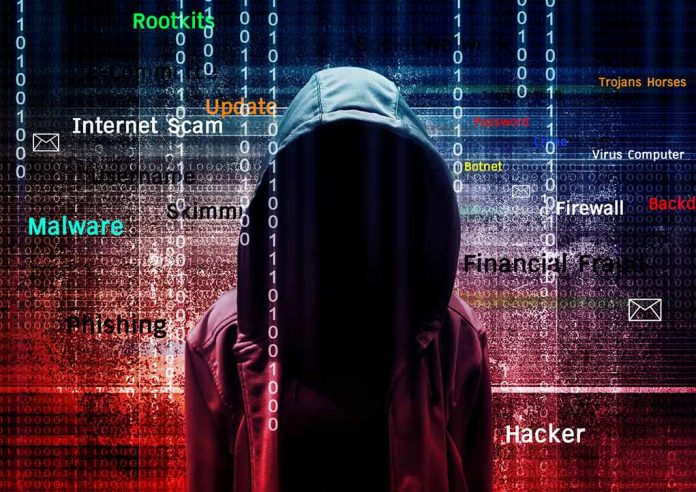
A major cyberattack on University Medical Center in Lubbock, Texas, forces the hospital to divert ambulances, highlighting critical vulnerabilities in healthcare cybersecurity.
At a Glance
- University Medical Center (UMC) in Lubbock, Texas, experienced a ransomware attack, causing significant IT outages
- The attack forced UMC, the only level 1 trauma center within 400 miles, to divert ambulances to other facilities
- Many clinics remain open but are operating on downtime procedures, causing delays and limited access to patient information
- The incident highlights the urgent need for improved cybersecurity measures in healthcare infrastructure
Ransomware Attack Cripples Crucial Texas Hospital
On Thursday, University Medical Center (UMC) Health System in Lubbock, Texas, fell victim to a devastating ransomware attack that has severely impacted its digital systems. The cyberattack has forced the medical center to divert ambulances to other facilities, causing significant disruptions to patient care in the region. This incident serves as a stark reminder of the vulnerabilities faced by healthcare institutions in the digital age.
UMC, which serves as the only level 1 trauma center within a 400-mile radius, plays a crucial role in providing emergency medical services to a vast area. The attack’s impact on such a vital healthcare facility has raised serious concerns among experts and local authorities. With an annual budget exceeding $800 million and a workforce of approximately 4,900 employees, the disruption to UMC’s operations has far-reaching consequences for the community it serves.
Widespread Impact on Healthcare Services
The ransomware attack has affected multiple systems within the hospital, including radiology systems and phone services. Many clinics remain open but are operating on downtime procedures, resulting in delays and limited access to patient information. UMC has advised patients to bring physical copies of prescriptions and other relevant medical information to their appointments.
“Out of an abundance of caution, we are temporarily diverting incoming emergency and non-emergency patients via ambulance to nearby health facilities until we restore access to our systems,” UMC stated in an official announcement. – Source
The attack has also affected Texas Tech University Health Sciences Center (TTUHSC), which reported IT issues across multiple campuses, including Amarillo, Permian Basin, Abilene, and Dallas. TTUHSC has limited clinical operations and canceled classes on Monday, with plans to resume on Tuesday. Texas Tech Physicians’ clinic phone lines and online patient communication systems have also been impacted.
Growing Threat to Healthcare Cybersecurity
This incident is part of a troubling trend of increasing cyberattacks on healthcare facilities. According to recent studies, two-thirds of healthcare facilities have experienced ransomware attacks in the past two years, with over half of the affected institutions paying ransoms to regain control of their systems. The sensitivity and accessibility of healthcare information make these institutions prime targets for cybercriminals.
“While we’ve seen the rate of ransomware attacks reach a kind of ‘homeostasis’ or even declining across industries, attacks against healthcare organizations continue to intensify, both in number and scope,” said Sophos field CTO John Shier.
The longer recovery times associated with these attacks indicate that many healthcare facilities are unprepared to handle such cybersecurity threats. This vulnerability not only puts patient data at risk but can also have life-threatening consequences when critical medical services are disrupted.
Call for Improved Cybersecurity Measures
In response to the growing threat, a new bill has been introduced in Congress aimed at improving hospital cybersecurity and preparedness. The proposed legislation would provide funding for cybersecurity enhancements and require stress tests for cyber incident recovery plans.
As healthcare facilities continue to face increasing cybersecurity challenges, it is clear that more robust measures are needed to protect these critical institutions and the patients they serve. The attack on UMC serves as a wake-up call for healthcare providers nationwide to prioritize cybersecurity and develop comprehensive strategies to prevent and respond to such incidents.
Sources:
- Crucial Texas hospital system turning ambulances away after ransomware attack
- Lubbock medical institutions affected by ongoing IT issues impacting patient care
- Ransomware forces hospital to turn away ambulances














